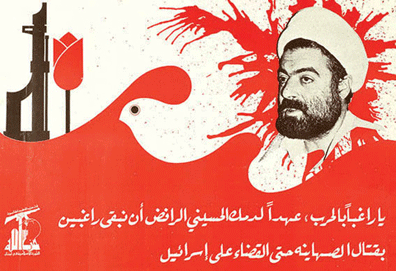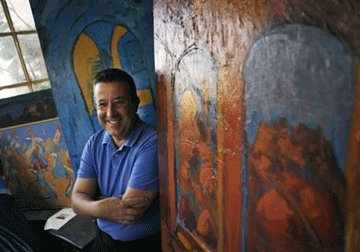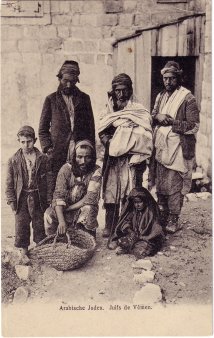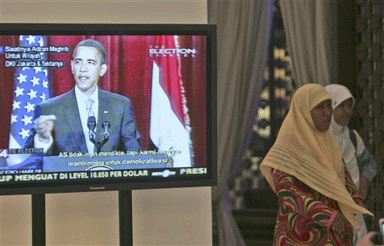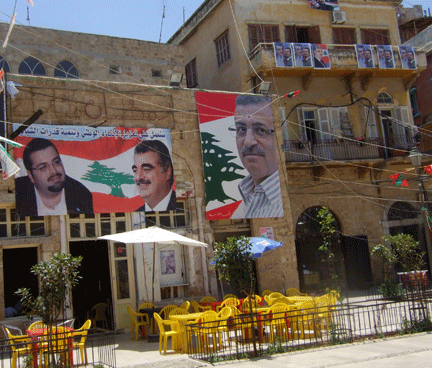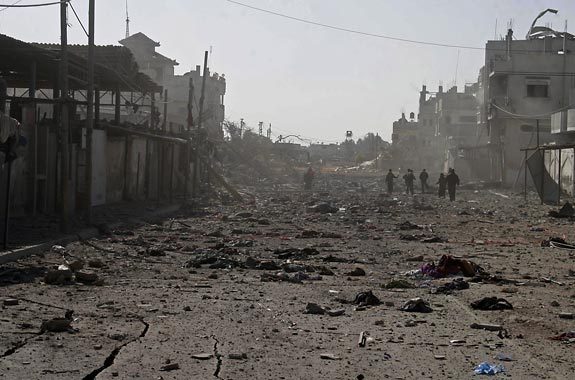
[Webshaykh’s Note: This week’s Economist has a special section on the Arab World that is well worth reading. Here is the teaser online.]
from The Economist print edition, July 23, 2009
WHAT ails the Arabs? The United Nations Development Programme (UNDP) this week published the fifth in a series of hard-hitting reports on the state of the Arab world. It makes depressing reading. The Arabs are a dynamic and inventive people whose long and proud history includes fabulous contributions to art, culture, science and, of course, religion. The score of modern Arab states, on the other hand, have been impressive mainly for their consistent record of failure.
They have, for a start, failed to make their people free: six Arab countries have an outright ban on political parties and the rest restrict them slyly. They have failed to make their people rich: despite their oil, the UN reports that about two out of five people in the Arab world live on $2 or less a day. They have failed to keep their people safe: the report argues that overpowerful internal security forces often turn the Arab state into a menace to its own people. And they are about to fail their young people. The UNDP reckons the Arab world must create 50m new jobs by 2020 to accommodate a growing, youthful workforce—virtually impossible on present trends. Continue reading Waking from its sleep
